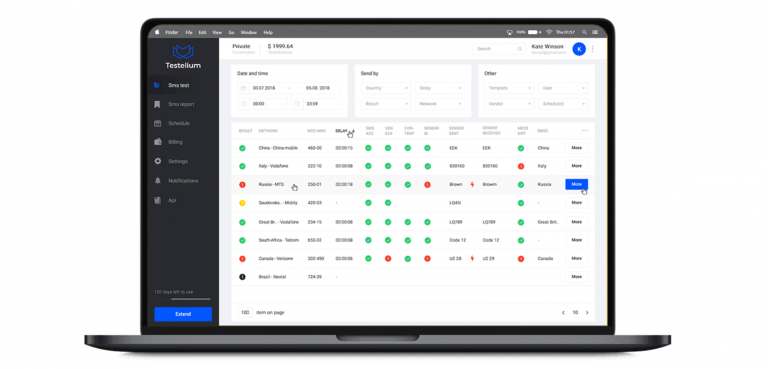5 Criteria to Help You Choose Crypto Exchange
So you’ve decided to break into the exciting world of crypto trading and have your name thunder through the space. Good for you. Assuming you’ve already learned the basics and know full well what you’re up against, we’re here to help you select the crypto exchange that’s both optimal for your needs and easy on a newb such as yourself. Paradoxically, the industry is booming largely because of the crisis. The number and volume of trades is growing rapidly on virtually all exchanges, which can only be explained by the adventurous human nature and the fact that with what little many people have left after the corona hit, some traders are ready to go all in. In any case, this is your window.
When it comes to choosing a headquarters for your future transactions, remember that there are two major functions cryptocurrency exchanges carry:
- Classic online exchanges: bring your crypto and exchange it for fiat (state-issued currencies).
- Cryptocurrency trading platforms: bring your crypto and trade it for whatever altcoin you expect to shoot up.
The criteria for selecting a crypto-trading platform that suits your needs isn’t all that different from picking out a supermarket or a drug store (although, some factors may sound a bit intimidating):
- Reputation. Some exchanges went online long before crypto became a thing. These are the most reliable and formidable players in the space. When you first google “crypto exchange” chances are you’re going to get a phone book. Continue researching the first five houses on the list (tradingview.com is a great source). These are the ones that have been active the longest, which is the reason they are popping up in your search first, which, in turn, means that they are the most reputable.
- Payment method. Whether it’s a supermarket or a drug store, you wouldn’t set your foot in it unless they accept VISA or Mastercard, would you? Same with crypto exchanges: it’s a bummer when after going through a gruelling multi-level verification process (by the way, don’t be afraid of it – all exchanges must verify your identity thoroughly to protect you and themselves) you find that bank transfer is the only way you can cash out.
- Commissions. That’s how the majority of exchanges make a living. Naturally, the smaller commission they charge, the better off you are.
- The exchange rate. This one depends on a number of factors – trade volume being the most important one. Monitor for a while the exchange you’re currently on: if the coin you’re interested in is doing well there, you’re on the right track.
- Geography. Note that some of the exchanges are set up in jurisdictions that make them unavailable in your region. For instance, Coinbase – one of the oldest and largest exchanges – is taboo in some of the Eastern European countries. Offshore exchanges is a major no-no in this writer’s strongest opinion. Granted, the returns there are noticeably better but getting yourself into something untoward (at the very least) is almost guaranteed.
There, you have it. The takeaway is that due diligence is key to everything in life and crypto space is no exception. Essentially crypto trading is a numbers game and it’s only natural that before you get to solving trigonomic equations you learn the multiplication table and don’t get carried away when cash starts rolling in. Be cautious, stay curious, and always verify. Once you master these three skills, there’s no stopping you!







